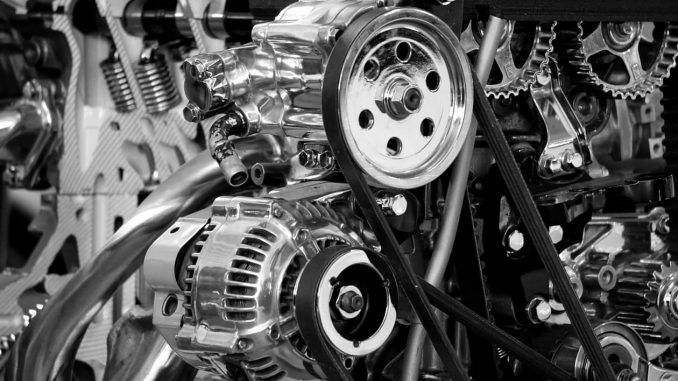
Opening Insights
Pocket Wisdom Insights (PWI) invites you to explore the following Co-Lab Blog.
This blog features parts of an influential and insightful article featured outside of the PWI Co-Lab
by William H. David and Michael S. Malone on December 10, 2014, published by Harvard Business Review.
We have republished this content in respect of the author’s vision, message and research.
The technologies of the past, by replacing human muscle, increased the value of human effort – and in the process drove rapid economic progress. Those of the future, by substituting for man’s senses and brain, will accelerate that process – but at the risk of creating millions of citizens who are simply unable to contribute economically, and with greater damage to an already declining middle class.
Informational Insights
Estimates of general rates of technological progress are always imprecise, but it is fair to say that, in the past, progress came more slowly. Henry Adams, the historian, measured technological progress by the power generated from coal, and estimated that power output doubled every ten years between 1840 and 1900, a compounded rate of progress of about 7% per year. The reality was probably much less. For example, in 1848, the world record for rail speed reached 60 miles per hour. A century later, commercial aircraft could carry passengers at speeds approaching 600 miles per hour, a rate of progress of only about 2% per year.
By contrast, progress today comes rapidly. Consider the numbers for information storage density in computer memory. Between 1960 and 2003, those densities increased by a factor of five million, at times progressing at a rate of 60% per year. At the same time, true to Moore’s Law, semiconductor technology has been progressing at a 40% rate for more than 50 years. These rates of progress are embedded in the creation of intelligent machines, from robots to automobiles to drones, that will soon dominate the global economy – and in the process drive down the value of human labor with astonishing speed.
Possibilities for Consideration
This is why we will soon be looking at hordes of citizens of zero economic value. Figuring out how to deal with the impacts of this development will be the greatest challenge facing free market economies in this century.
Source: Harvard Business Review
Take a moment and examine…
- As you reviewed the material above, what stood out to you?
- What is the potential impact, economically and/or socially?
- What action is needed to stop or support this idea?
- You may want to consider whether you:
- want to be aware of,
- should become supportive of,
- would want to be active in this topic?
Add Your Insight
I have been impressed with the urgency of doing. Knowing is not enough; we must apply.
Being willing is not enough; we must do.
LEONARDO DA VINCI
